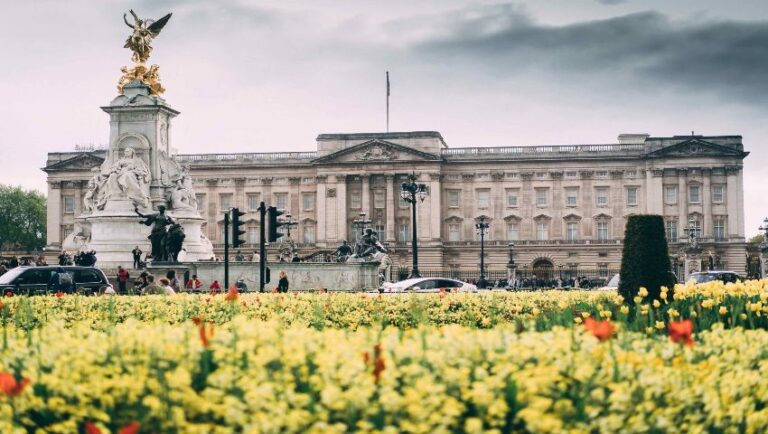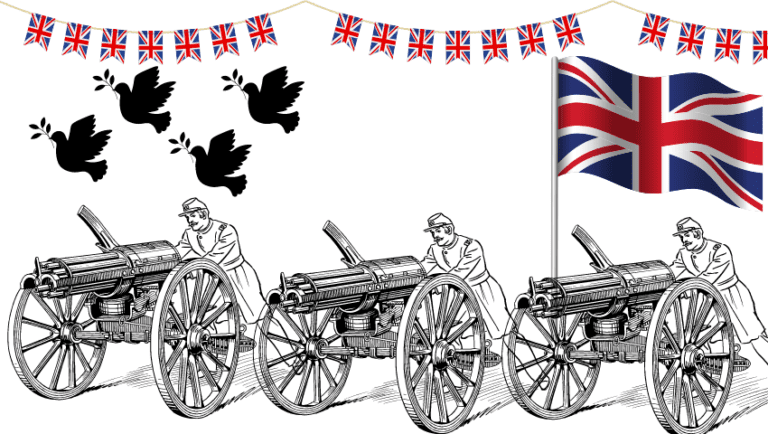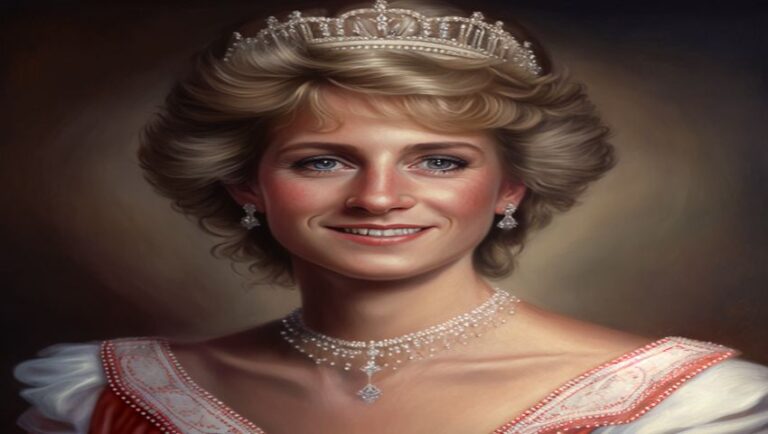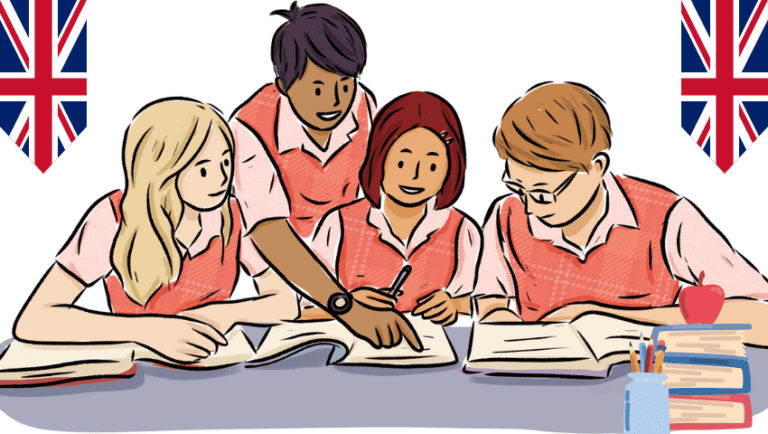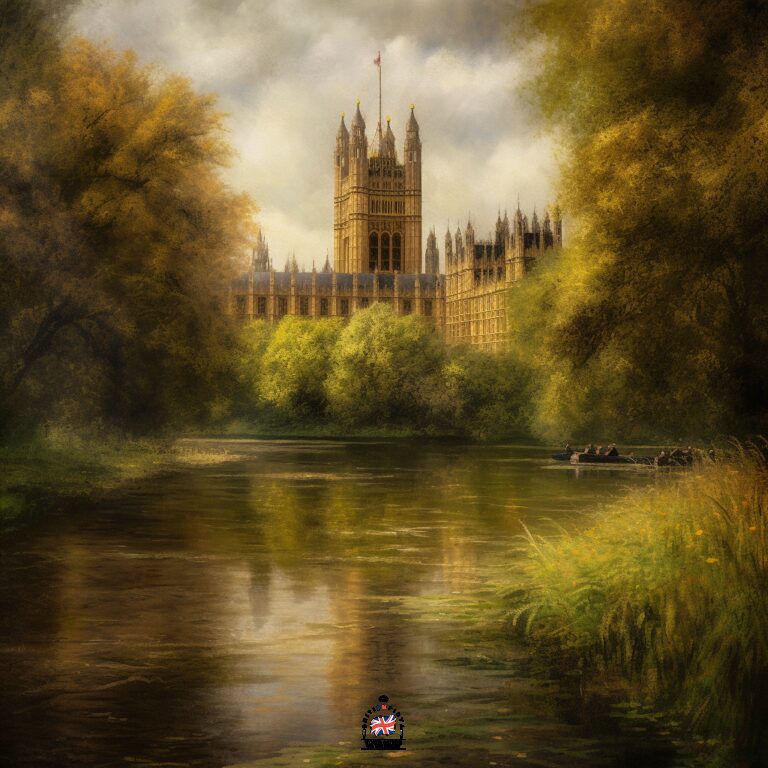Winston Churchill
Winston Churchill is een van de meest iconische figuren uit de geschiedenis. Van inspirerende toespraken tot gedurfde beslissingen, hij leidde het Verenigd Koninkrijk door enkele van zijn donkerste tijden en kwam als overwinnaar tevoorschijn.
In deze blogpost kijken we naar zijn leven en nalatenschap, en onderzoeken we hoe hij mensen vandaag de dag blijft inspireren.
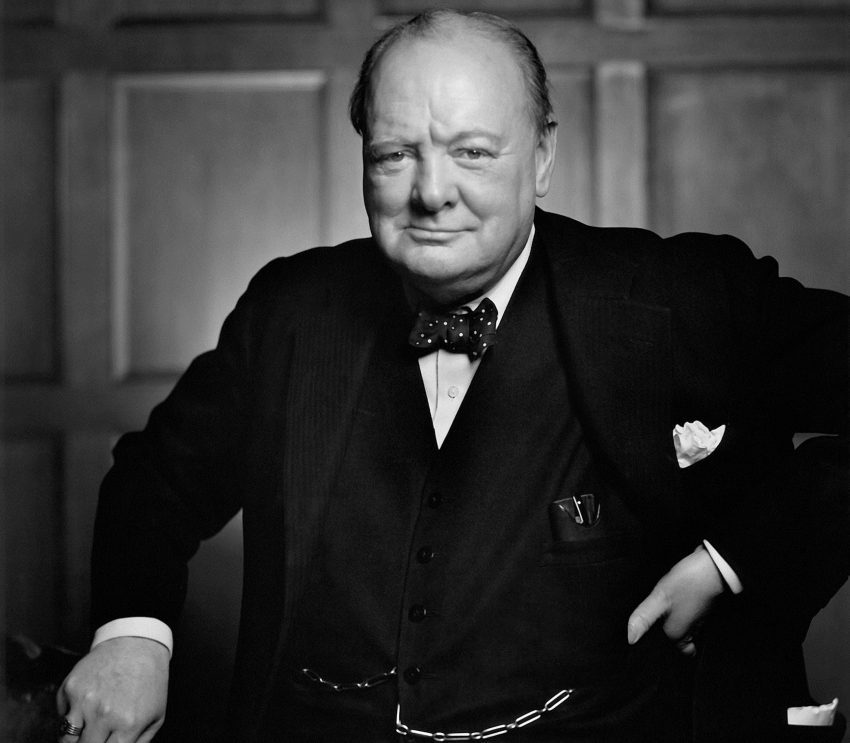
Inleiding tot Winston Churchill
Sir Winston Leonard Spencer-Churchill (1874-1965) was een van de meest invloedrijke staatslieden en leiders van de twintigste eeuw.
De meeste mensen herinneren zich hem vanwege de manier waarop hij Groot-Brittannië door de Tweede Wereldoorlog leidde en hoe vastbesloten hij was om tegen nazi-Duitsland te vechten. Churchill werd op 30 november 1874 in Engeland geboren in een bevoorrechte familie. Voordat hij conservatief parlementslid werd, ging hij naar school in Harrow en Sandhurst en diende korte tijd in het leger.
Churchill had een lange en succesvolle politieke carrière en was tweemaal premier, van 1940 tot 1945 en van 1951 tot 1955. Hij was ook een productief schrijver en schreef zijn hele leven vele boeken, essays en artikelen. Churchill wordt herinnerd voor zijn moed en vastberadenheid om Groot-Brittannië door de Tweede Wereldoorlog te leiden en voor zijn inspirerende toespraken die het Britse volk motiveerden tijdens enkele van de donkerste dagen van de oorlog.
Het vroege leven en onderwijs van Winston Churchill
Winston Churchill werd geboren in de bevoorrechte wereld van de Britse aristocratie op 30 november 1874 in Blenheim Palace, Oxfordshire.
Zijn vader, Lord Randolph Churchill, was een jongste zoon van de hertog van Marlborough, en zijn moeder was een Amerikaanse socialite. Churchills vroege opleiding volgde de normen van zijn klas en ging naar de voorbereidende school voordat hij zich in 1888 inschreef bij Harrow toen hij twaalf jaar oud was.
Ondanks deze eersteklas opleiding presteerde Churchill academisch slecht en was hij nooit een goede student; hij had echter een sterke interesse in geschiedenis en literatuur.

